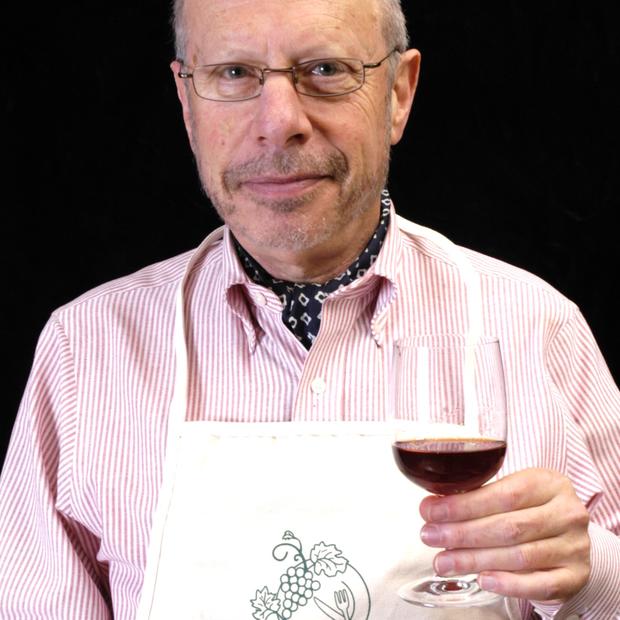Just over a year ago, the Legislature zeroed out the state's weak and ineffective office of tourism promotion, already the nation's laughingstock with a paltry budget of less than $2 million.
Just to put the Washington state tourism "effort" in context: Oregon spends $10 million, Idaho $7 million, Montana (with, among other things, Metro Transit bus boards depicting mountain goats!) over $9 million. California spends $56 million to promote tourism. British Columbia's budget is a whopping $65 million, paying to promote shopping trips to Vancouver, gastronomy in Richmond, vineyards in the Okanagan and ziplines on Vancouver Island.
So, Washington was down to just plain zip. Travel and tourism is Washington's fourth largest industry, behind software, aerospace and agricuture. (And that's a conservative estimate, since it doesn't count the guy who changes the tires on the truck that delivers fuel to gas stations in the wine country.) At any rate, the fragmented, politically inexperienced industry (led by chain hotel execs) was keenly aware that it needed to roll up its sleeves if it wanted to keep "heads on beds and butts in seats," in the lingo of the biz.
The result was an essentially private effort called Washington Tourism Alliance (WTA), which began with a budget of $300,000 collected from private businesses like Seattle's Argosy Cruises and Spokane's Hotel Davenport; trade associations like the Washington Restaurant Association; existing public-private partnerships like the Seattle Convention and Visitors Bureau; and public agencies like the Port of Seattle. Their smartest move, early-on, was to hire Suzanne Fletcher, a woman with plenty of experience in the sharp-elbow world of business travel. The WTA also made sure its board of directors was broad and inclusive, without falling victim to the regional parochialism of the state's department of tourism (which carved the state into politically correct regions that gave power and influence to small-town attractions and rural county commissioners).
Big cities like Seattle and Spokane, the WTA knows, are gateways to rural attractions. Visitors spent $16 billion in Washington last year and paid at least $1 billion a year in local and tax revenue, saving local residents $1,000 per household. Lodging accounts for a third of all tourism dollars, followed closely by food & beverage spending.
One important step: recognition that wineries play an increasingly important role in tourism, for Washington residents as well as out-of-state visitors. The Seattle Convention AND Visitors Bureau, on its own, partnered with the Washington Wine Commission to co-sponsor last week's annual Taste Washington event, which grew from a single day to a weekend extravaganza, saw a 25 percent increase in attendance, and bumped up the sale of weekend hotel packages.
Demonizing travel and tourism makes little sense, as even President Barack Obama has learned. It's a $2 trillion industry, and the notion that travel is somehow wasteful (business junkets especially) makes for an easy political target, but cutbacks hurt everyone from maids who clean Las Vegas hotel rooms to companies that provide steaks to fancy dinner houses. Some 14 million Americans earn a living from tourism, and they're not the sort of jobs that can be outsourced. In fact, a career in tourism is one of the few sectors that doesn't require a college degree.
On a global scale, inbound international travel is a market that's still reeling from the effects of 9/11. Only 12 pecent of international travelers come to the United States. There are studies showing that one domestic job is created for every 35 visitors. And while visitors from around the world are taken by America's natural beauty, diversity, and freedoms, they are discouraged by its perceived arrogance and, above all, by its maddeningly complex and irrational visa restrictions. In that fray we now find an interesting, informal alliance: attractions like Disney (which markets its resorts) and the Obama administration, which finally sees tourism as a win-win opportunity to woo high-spending tourists from China, India, and Brazil, while assuring employment for those hotel maids in Vegas.
In an interview during the Washington Tourism Alliance "Summit" last week, Fletcher told me, "Tourism is a diverse industry, of course. We're competitors, yes, but we're also colleagues. And we're learning to speak with one voice."


